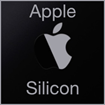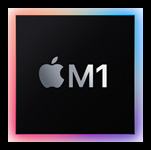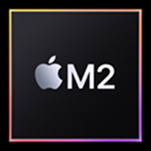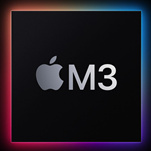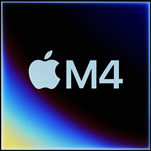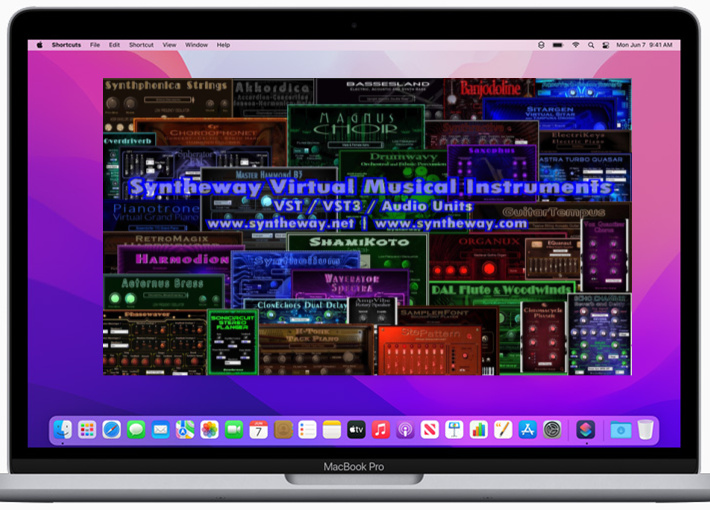Syntheway VST, VST3 and AudioUnits (AU) plug-ins that can be used to process
audio by applications such as Logic Pro, GarageBand, Cubase, Ableton Live,
REAPER, Studio One Professional, Ardour, MainStage and Digital Performer
among others.
The Apple Audio Units plug-ins are built into the operating system and do
not appear as discrete files. Plug-ins from other manufacturers appear as
individual components on your hard disk. They may be found in two places:
/Library/Audio/Plug-Ins/Components
~/Library/Audio/Plug-Ins/Components
("~" represents your home directory.)
Plug-ins installed in
/Library
are available to all users on the computer, whereas plug-ins installed to
~/Library
are only available to the user in whose home folder they reside.
Note: Some
Audio Units will work from either location and some need to be in one or the
other. Check with the manufacturer for information on the preferred location
for specific plug-ins.
Macintosh
HD/Library/Audio/Plug-Ins/Components

Macintosh
HD/Library/Audio/Plug-Ins/VST

Macintosh
HD/Library/Audio/Plug-Ins/VST3

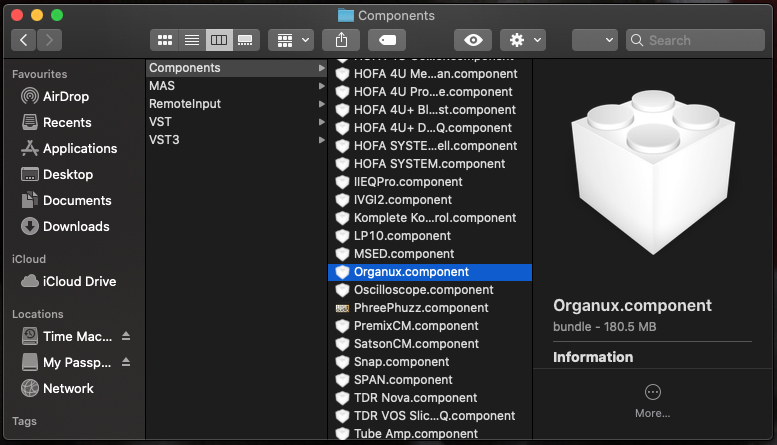
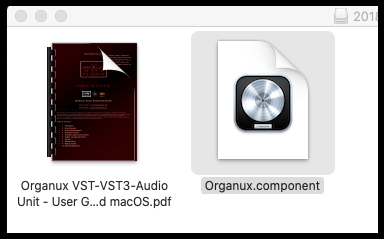
Native Apple Silicon Support (M1, M2, M3 processors)
Syntheway has upgraded most of its catalog for macOS with native Apple
Silicon support in a major update version, with a reduced upgrade price. They
are:
Magnus Choir
,
Akkordica,
H-Tonk Tack Piano,
ShamiKoto,
Organux,
Sitargen Sitar and Tanpura
Drone,
DAL Flute and Woodwinds,
Drumwavy Orchestral and Ethnic Percussion,
Banjodoline,
RetroMagix Harpsichord,
Aeternus Brass,
Saxophus,
ElectriKeys Electric Piano,
GuitarTempus,
Bassesland,
Synthphonica Strings,
Pianotrone Grand Pianos,
Chordophonet
Virtual Harp and Hammered Dulcimer,
Synthelium Synthesizer
and
Master Hammond B3 Organ
VST, VST3 and Audio Units
plug-ins for M1
and M2 processors. The new Audio Units, VST and VST3 versions are Universal
2 Binary (ARM64), supporting both Apple Silicon and Intel processors, with
executable code for both architectures.
Currently, the
Audio
Effects
and the
Software Synthesizers plug-ins are currently are available for Mac Intel
processors or Apple silicon (M1, M2, M3, M4) in Rosetta 2 mode.

